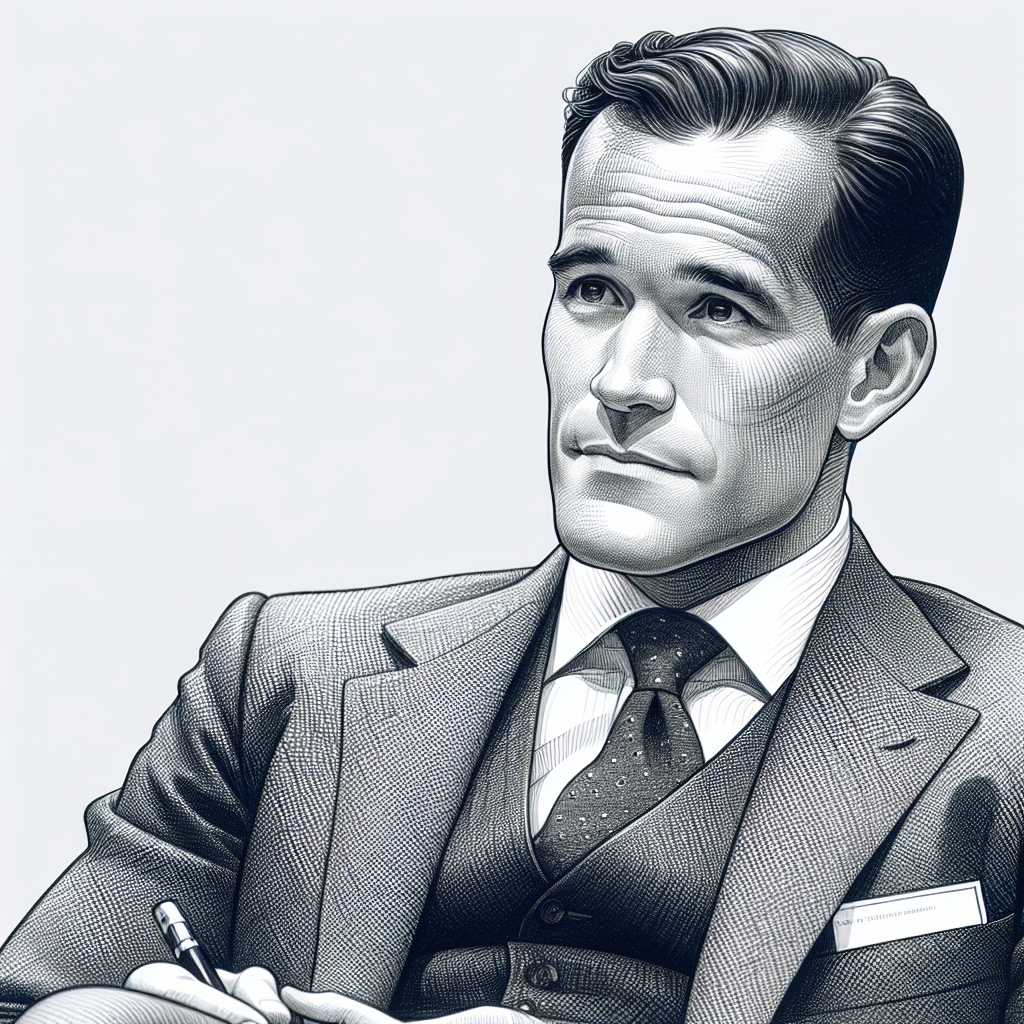### George Soros: The Investor, Philanthropist, and Political Activist
George Soros is many things: a financier, a philanthropist, a political activist, and consequently, one of the most influential and polarizing figures of the modern era. His impact on global financial markets, politics, and civil initiatives has not been without controversy, but his achievements in these domains provide ample material for discussion and analysis.
Personal Background and Early Life
George Soros was born György Schwartz on August 12, 1930, in Budapest, Hungary. His family changed their last name to Soros in response to growing anti-semitism. Soros survived the Nazi occupation of Hungary during World War II and emigrated to England in 1947, where he attended the London School of Economics. He graduated with a Bachelor of Science in philosophy in 1952. While in school, Soros became interested in the ideas of Karl Popper, whose concept of an “open society” would later influence his philanthropic activity.
Soros’s Financial Career
After working a series of finance-related jobs, George Soros founded the international investment fund that would eventually be known as Quantum Fund in 1969. With this hedge fund, he achieved substantial returns for investors and gained significant wealth over the following decades.
Soros is well-known for his short selling of $10 billion worth of pounds sterling during the UK’s Black Wednesday currency crisis in 1992. This bold move earned him a profit of $1 billion and the nickname “The Man Who Broke the Bank of England”. His strategies have frequently been scrutinized—as much as celebrated—by market participants and observers worldwide.
Philanthropy and Philosophy
In parallel with his career as an investor, Soros began engaging in philanthropy in 1979. His Open Society Foundations (OSF) have donated billions to advocate for democracy, human rights, justice reform, education, public health, and independent media across the globe. Soros’s philanthropy reflects his allegiance to Popper’s concept of an open society—based on constructive criticism and progressive change.
Critics of Soros often focus on his political donations and assert that he uses his wealth to wield overly significant influence on global politics, labeling him as someone with a hidden agenda. Nonetheless, Soros remains steadfast that his actions are aligned with the promotion of democracy and human rights.
Global Political Influence
Throughout his decades of activism, Soros’s financial contributions have supported various political causes. He has been a donor to political candidates that align with his ideals in the United States and beyond. Additionally, his foundations have funded NGOs that play an active role in bringing about political change.
Soros’s involvement has sometimes led to backlash from authoritarian governments. For example, his support for educational initiatives in Hungary led to conflict with Viktor Orbán’s government, which resulted in tightening regulations on foreign-funded NGOs and educational institutions.
Conclusion: The Legacy of George Soros
George Soros’s legacy is multifaceted. His bold financial maneuvers changed how many view market potentials and risks; his philanthropy attempted to reflect his vision for an open society; his political activism evolved into profound support for democratic values around the world. It’s a legacy that encompasses triumphs within financial markets along with equally passionate endeavors aimed at progressing societal norms.
Notes
*Image description: A portrait depicting George Soros as he might appear at a conference or public speaking event; he is dressed professionally and conveys a thoughtful demeanor.*
sKteR

